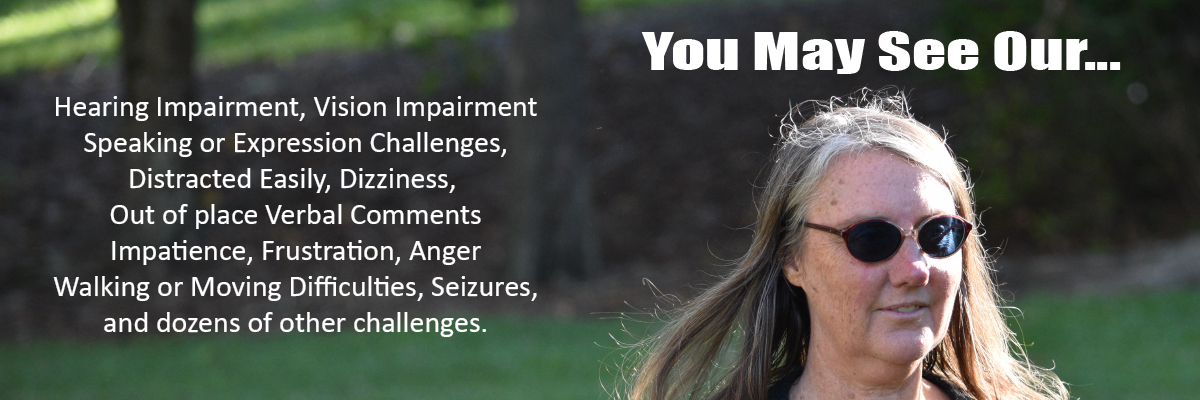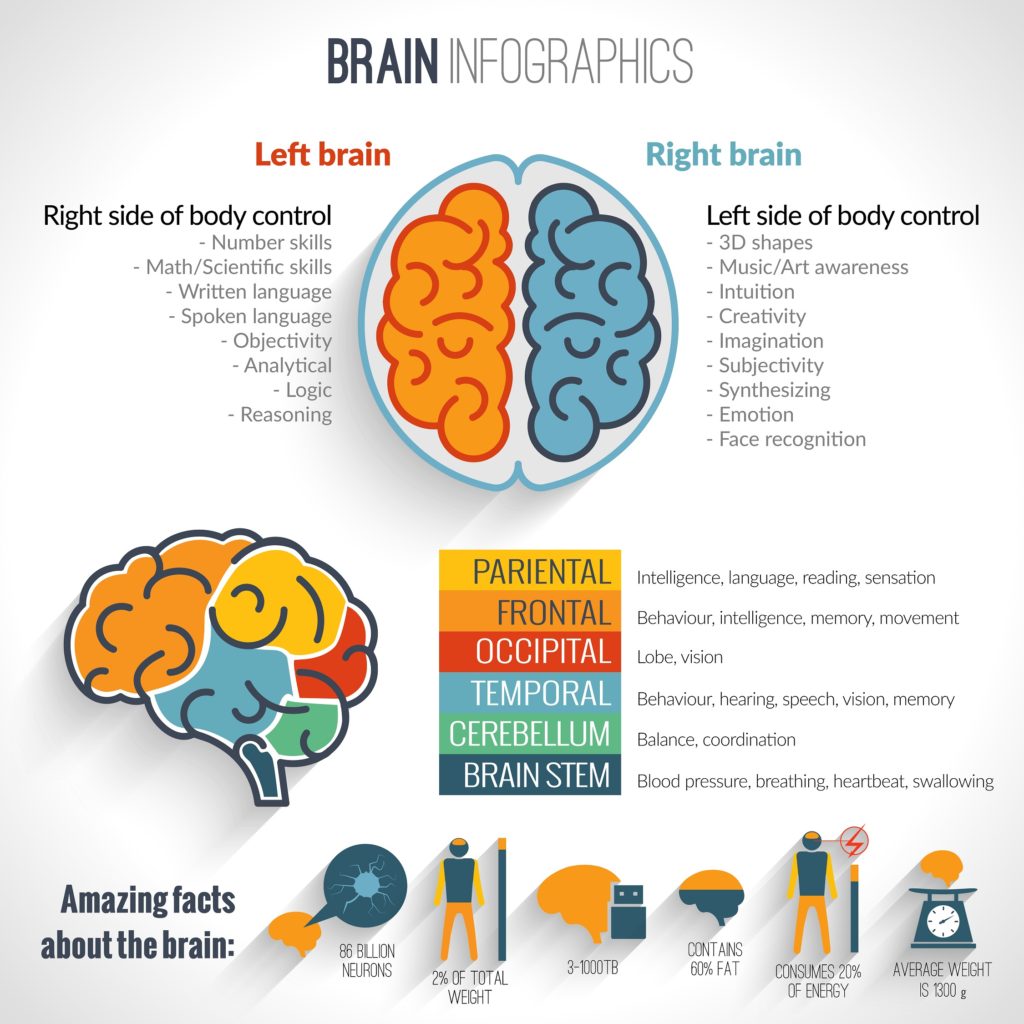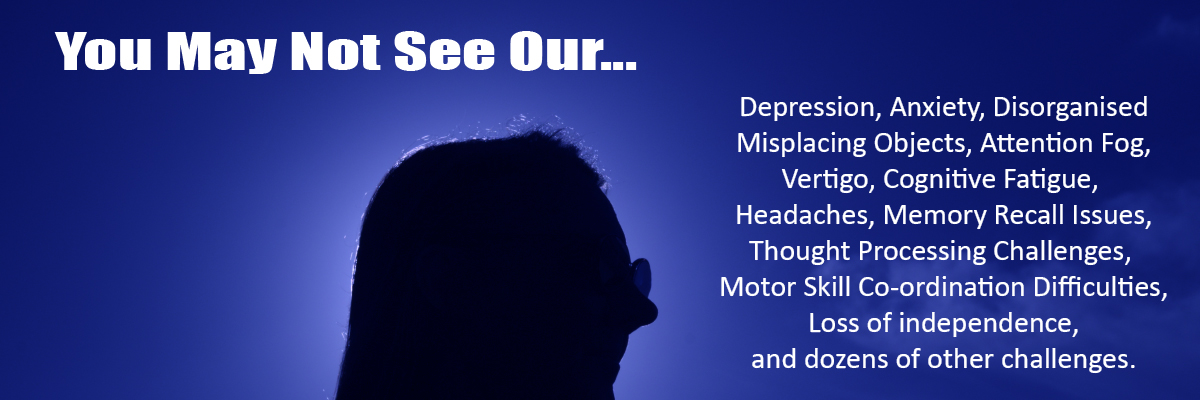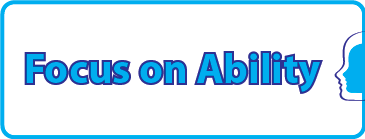
The term Acquired Brain Injury – A.B.I. is used to describe all types of brain injury that occur after birth.
The brain can be injured as a result of:
Traumatic Brain Injury – T.B.I.
Stroke.
Brain tumour.
Poisoning.
Infection and disease.
Near drowning or other anoxic episodes.
Alcohol and drug abuse.

Changes After Brain Injury
Changes as a result of an acquired brain injury can include:
Medical difficulties – epilepsy.
Altered sensory abilities – impaired vision, touch, smell.
Impaired physical abilities – weakness, tremor, spasticity.
Impaired ability to think and learn – forgetful, confusion, poor attention.
Altered behaviour and personality – short tempered, lethargic, flat or depressed.
Impaired ability to communicate – slow or slurred speech, difficulty following conversation.
Recovery after brain injury differs from person to person because of the variations in where the brain is injured and extent of the brain injury. Impairments can be either temporary or permanent, and can cause either specific or more widespread disability. Individuals may also find that the nature of their problems may vary over time.
In the longer term most people with A.B.I. report changes in learning, thinking and behaviour while only 25% of people with a severe A.B.I. will experience ongoing physical disabilities. These changes in learning, thinking and behaviour are hard for other people to recognise. People who do not understand the difficulties associated with acquired brain injury may believe the person is lazy or being difficult.
Any changes, from mild to severe, require a period of adjustment, both physically and emotionally. Adjustment to these changes will not only affect the person who has had the brain injury but also the family, friends and carers who are supporting the person.

Is Brain Injury the Same as Intellectual Disability ?
Although there may be some similarities between intellectual disability and A.B.I. it is not the same. A.B.I. is recognised as a discreet disability under our health and welfare system. People with A.B.I. usually retain their intellectual abilities but have difficulty controlling, coordinating and communicating their thoughts and actions. People with A.B.I. can experience significant recovery and many problems improve with time. Changes after A.B.I. are different and so treatment and services used often differ from that used for people with intellectual disability.
How Common is Brain Injury ?
Because there are many different definitions of brain injury, it is difficult to precisely define the numbers of people with brain injury who will acquire a brain injury in any year (incidence) or the cumulative numbers of people who live with the effects of brain injury at any one time (prevalence).
However using the census and other sources, here are a few statistics of interest:
It is estimated that for each year more than 11 000 Queenslanders are expected to acquire a brain injury, of which 4 000 will develop a serious disability.
Motor vehicle accidents will be responsible for 70% of traumatic brain injuries and 70% will involve young people aged between 16 – 24 years, two thirds of those injured will be males.
Approximately 2% of the Australian population is estimated to have developed a brain injury related to the effects of alcohol and / or drug abuse.
At least 37,000 Australians suffer a stroke each year
*Source – Queensland Health*

